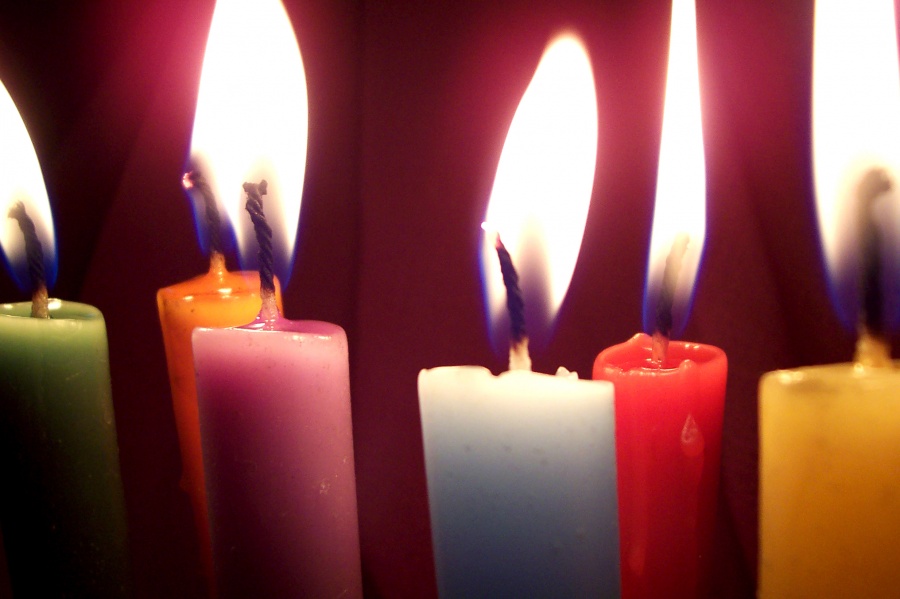Perhaps the most dramatic story in the Torah concerns the fraternal jealousy and eventual betrayal of Joseph. It starts by Jacob showing favoritism towards Joseph. The brothers get a sense of this and begin to hate him. Then Joseph relates his dreams to his brothers, telling them how they all bowed down to him in the dreams. The brothers interpret this as a threat that he will rule over them and conspire to throw Joseph into a pit filled with scorpions and snakes. Then they sell Joseph as a slave and he ends up in Egypt, where he later becomes viceroy and eventually does rule over them.
So many questions surround this story. Why did Jacob, the father of twelve sons, show favoritism? And why was it Joseph, of all the worthy and holy tribes, who eventually did become the ruler?
The answer to these questions and the root causes of the entire episode are hidden in the first two verses of this week’s parashah. Verse 1 states: “Jacob dwelled in the land where his fathers had sojourned.” The Midrash explains that the word meGuRei (stayed) is related to the word GeR (convert). Like his father Isaac and grandfather Abraham, Jacob was dedicated to making converts and elevating downtrodden souls (Bereishit Rabbah 84:4).
Verse 2 begins: “These are the offspring of Jacob: Joseph.” Was Joseph the only offspring? How about the rest of the tribes? But the Torah is teaching us that it was primarily Joseph who emulated his father and continued on the same path of elevating and drawing souls closer to God.
“He was seventeen years old and would shepherd his brothers’ flock.” Seventeen is the gematria (numerical value) of the word tov (good). Joseph was completely wholesome and good, and he also saw the good in others. He was able to uplift everyone around him, even the lowest of the low, because he saw that they, too, possessed goodness and value.
“And he played with the sons of Bilhah and Zilpah.” Bilhah and Zilpah were Jacob’s secondary wives; their children represent the lowly Jew. Joseph brought himself down to their level in order to uplift these souls as well. Joseph represents the true tzaddik, the one who is on such a high level that he can elevate every single soul. Indeed, we often refer Joseph as Yosef HaTzaddik (Joseph the tzaddik).
Every Chanukah, an enormously powerful light of holiness shines down on us
Every year on Chanukah, an enormously powerful light of holiness shines down on us. Regarding this light, the Talmud records a dispute between the School of Shammai and the School of Hillel. The School of Shammai contended that this light is so powerful and pure that it can be properly utilized and appreciated only by elite Jews. Those less capable of appreciating the light must be kept away. This is the reason why the School of Shammai ruled that we should light eight candles on the first night of Chanukah and subtract one candle on each succeeding night, until there is just one candle left on the eighth night. While the School of Shammai agrees that the miracle and greatness of the lights increases every night, this is the way they hide the light from those who are unworthy.
The School of Hillel taught just the opposite. Although certain Jews may be unworthy, we must go down to their level and help them build a vessel so that they, too, will be uplifted through the great light. Therefore the School of Hillel ruled that we should light one candle on the first night and increase the number of candles by one each night, until all eight lights are shining powerfully. In actual practice, we follow the School of Hillel.
The dispute over the lighting of the Chanukah menorah is the same dispute that Joseph had with his brothers, and the same dispute among the tzaddikim in every generation. Even though they are all great tzaddikim, they have been influenced by the attribute of strict judgment and believe that not every Jew is worthy. But Joseph, the true tzaddik, acts differently. Even his name, Yosef, means “add on”—to add on a candle every night and continually add light and holiness to every single Jew.
This Chanukah, may we all merit to attach ourselves to the “rulership” of Joseph and the “rulership” of the true tzaddikim. Amen.
Based on Likutey Halakhot,
Hilkhot Rosh Chodesh 7

